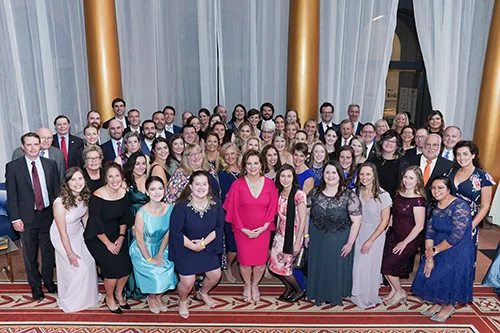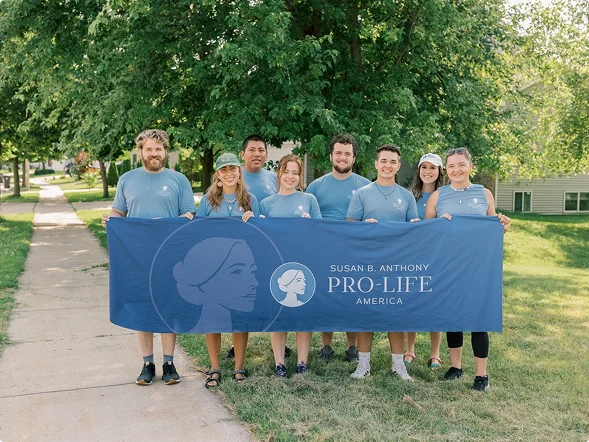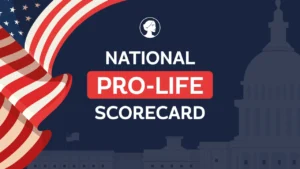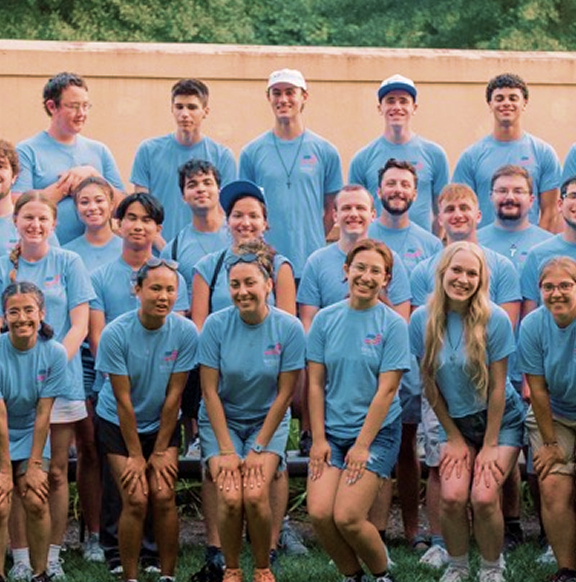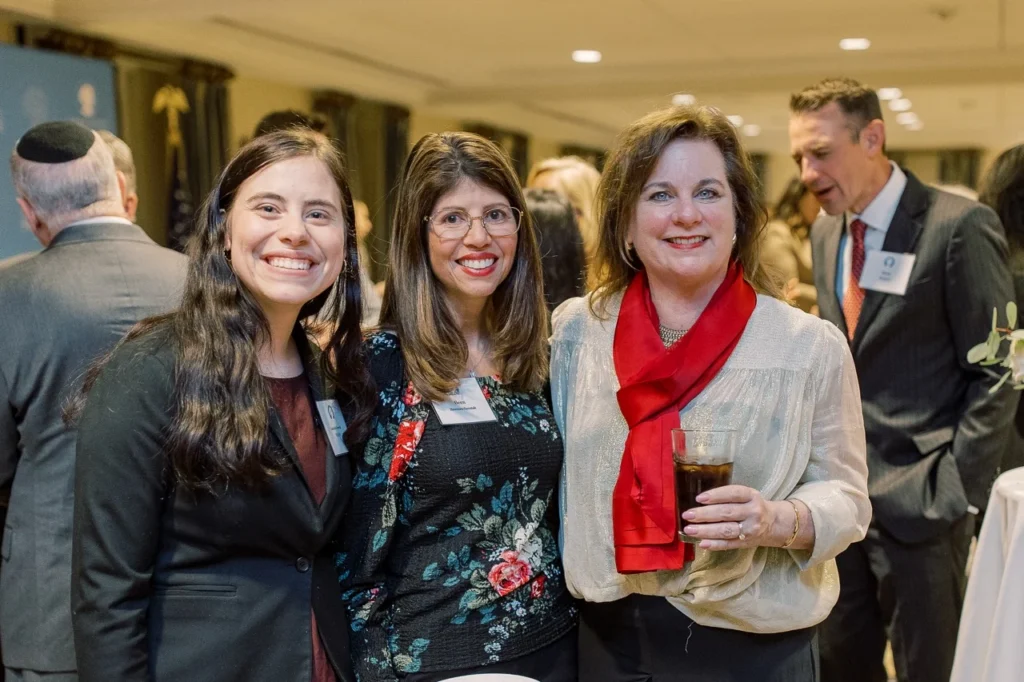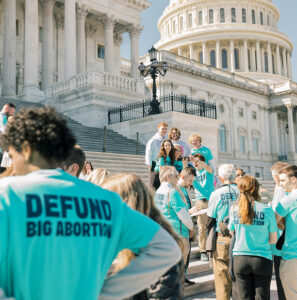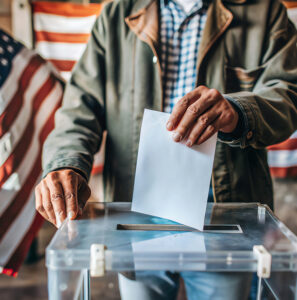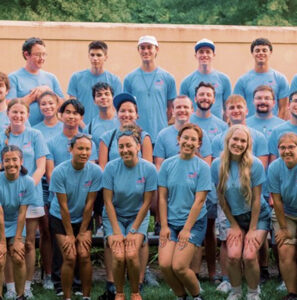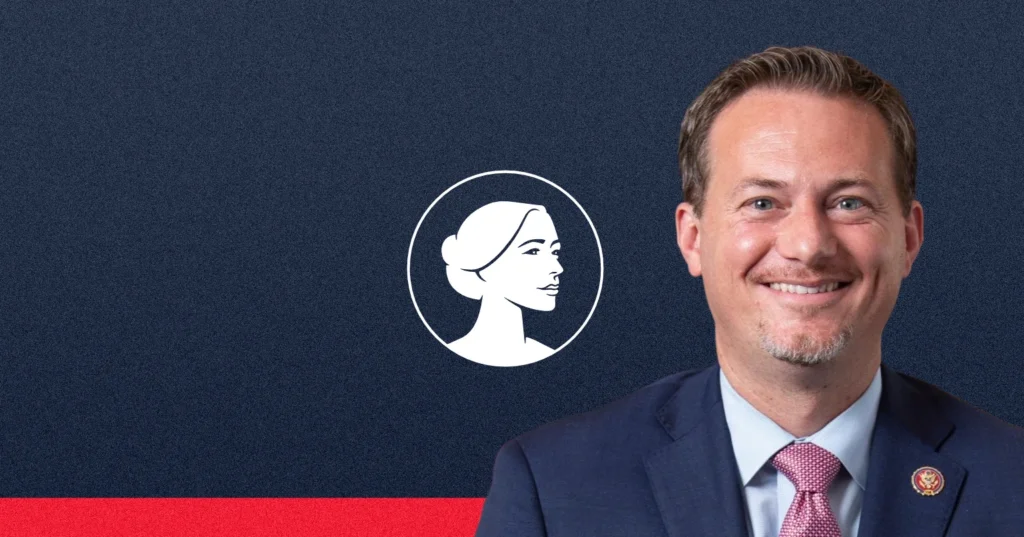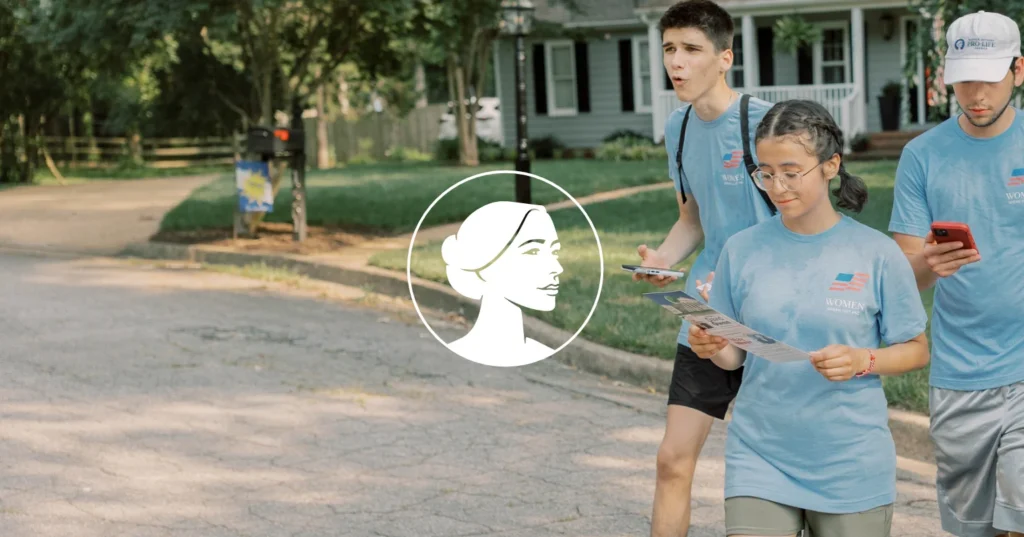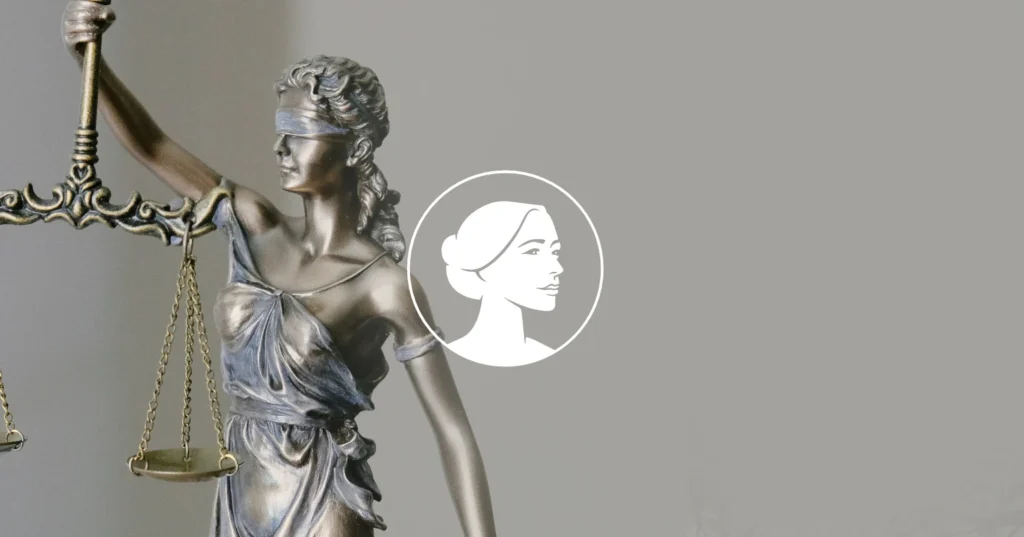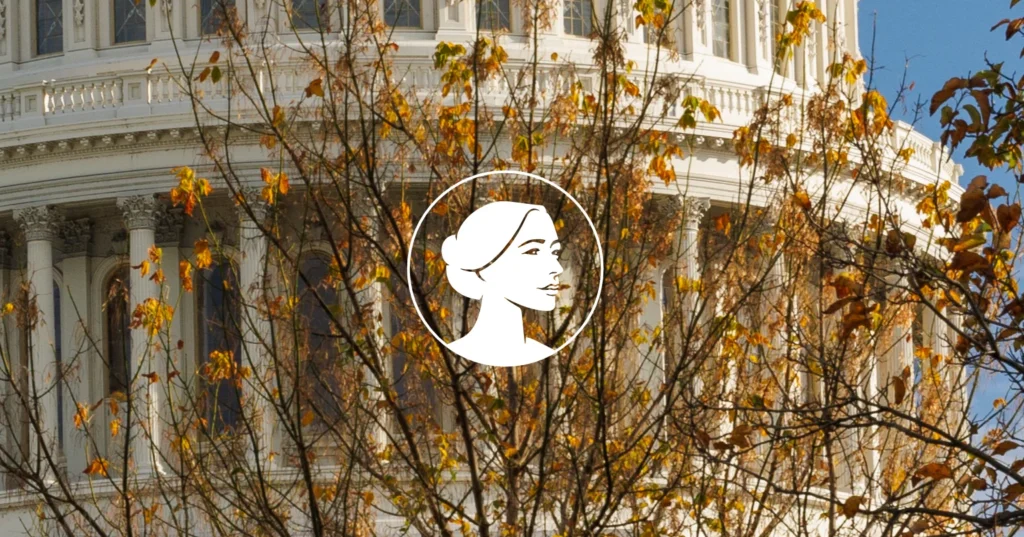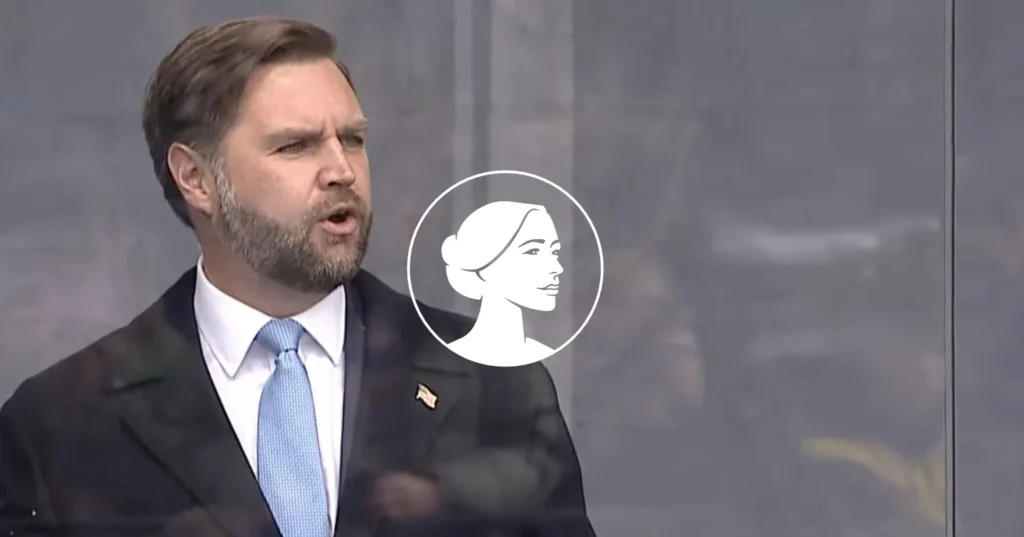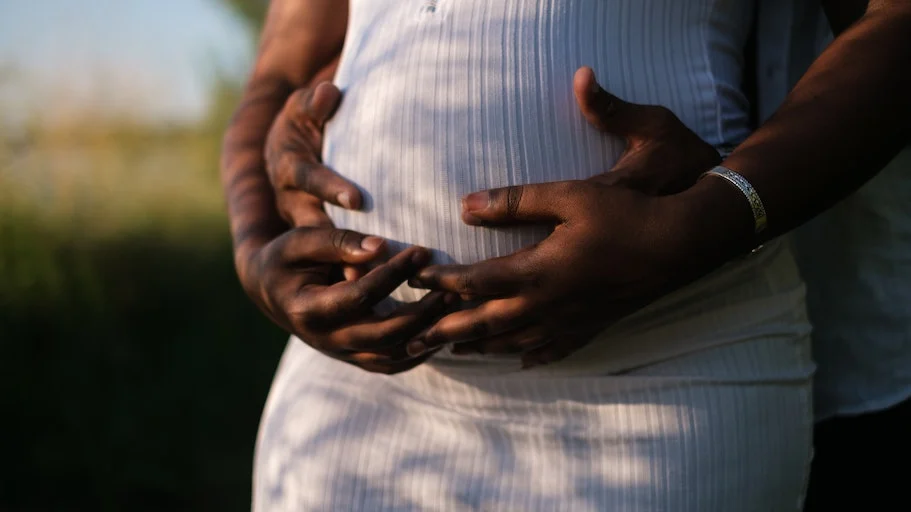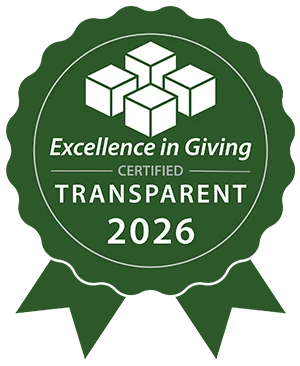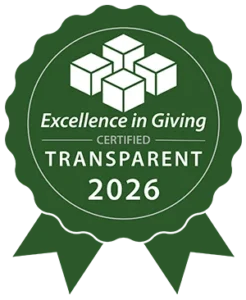“I survived an abortion: how my story has shaped me this Mother’s Day”
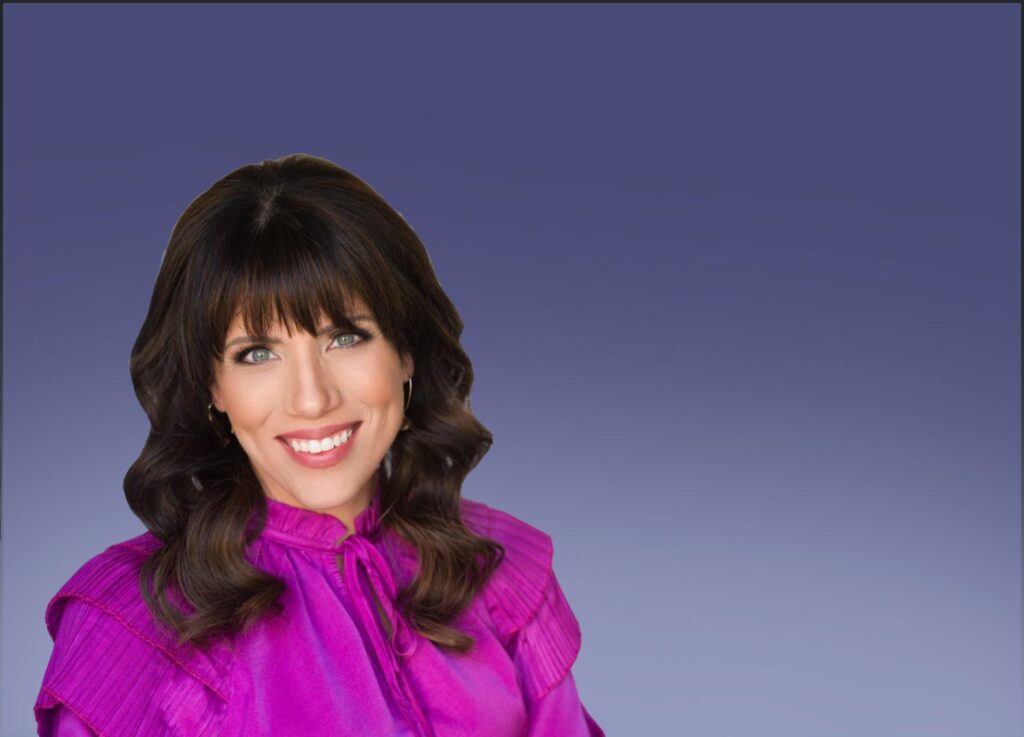
Today’s guest post is written by Melissa Ohden, president and CEO of The Abortion Survivors Network (abortionsurvivors.org).
With all the talk of “women’s reproductive rights” this Mother’s Day, my perspective is that without first surviving an abortion, I would have never had the opportunity to become a mother – whether it was through pregnancy, adoption, or kinship care.
It’s no secret that abortion is a defining political issue in 2024. As these conversations, campaigns, and votes ensue, there are realities, voices and relationships that are often overlooked. Let me preface this by saying I acknowledge that everyone has a complex relationship with someone else in their life, but here is my story.
I grew up in a loving home in Iowa, knowing I was adopted (along with my older sister) to parents who loved me. I would say I had a great childhood. But at the age of 14, I learned that I survived an abortion, which crumbled the world I thought I knew. I wrestled with not only the typical angst of figuring out who I was, independent from my family, but with the layers of being adopted and an abortion survivor, and it was confusing. Subconsciously, I felt unloved and unwanted because of the culture surrounding me – the culture that often communicates that abortion is not only a choice, but a RIGHT. It created a narrative for me that a child who is aborted is unlovable and unwanted. I began to struggle with self-worth and identity; even with a caring and supportive adoptive family I wondered, “Am I loved?”
When my birth mom was 31 weeks pregnant, her mother, a prominent nurse at a local hospital, forced her to have a saline-induced abortion to end my life. For days they injected a toxic solution into the amniotic fluid, a solution designed to poison and scald me until I was delivered dead. On the fifth day, I was born, leading my birth mom to think the abortion was successful. I was rushed to the neonatal intensive care unit (NICU) and – unbeknownst to her for decades – lived, and was placed for adoption.
I was devastated when I learned the truth about my past. I didn’t want to be a survivor. I felt a range of emotions, from guilt for surviving when thousands of other babies had not, to resentment towards my birth family and ultimately feeling alone. I didn’t know of any other abortion survivors who shared the same experience.
As a young adult in my twenties, I embarked on a journey to not only learn more about my past but to heal. I went to counseling and began processing forgiveness towards my birth family, still unaware of the circumstances surrounding my birth. While studying for my social work degree, I began seeing common threads to apply to my own story and healing. Through my studies, self-awareness about the residual anxiety and fears of being a survivor became an important part of my healing, while unknowingly also laying the foundation for the future services of The Abortion Survivors Network.
I knew I was adopted and had survived a saline abortion attempt, but the details became clearer after 10 years of searching. I tried countless times to find my birth family and one day, I found some identifying information. Yet the biggest breakthrough was found through my medical records, which had been unattainable for me over my ten years of searching. Within those papers that I finally received, I discovered more details of my “birth,” along with my birth parents’ names.
I had more answers to my abortion survival story and could finally begin attempts at making contact with my birth family and learning more about my origins in life. In 2016, I reunited with my birth mother, who was led to believe the abortion had been a success for over 30 years. This brought a new understanding of women who have walked through abortion, including those whose abortions fail. I will never forget the pain in her eyes when we first met – the pain from abortion that my survival helped dull but that I could never erase.
Reconciliation brought not only peace within my story, but also a new compassion and a fight for women like my birth mother – women who often feel like they have no other choice.
Healing helps to find our voice
After going public with my story over the years, I started hearing “me, too” in return. I found solace in knowing that I wasn’t alone as an ‘abortion survivor.’ Connecting with other survivors helps to make sense of our own story and answer many questions that we may not have known existed.
The cultural conversations surrounding abortion are at a new high with many states battling over abortion – some fighting explicitly for abortion – not to mention it is the year to vote for the next president of the United States. These conversations are so often framed in terms of women losing rights and freedoms. But what about my right to live? What about my fellow survivor friends? What about the babies in the womb still fighting for their lives?
This Mother’s Day, I feel the increased importance to share my experience – for the sake of not just survivors like me, but our mothers, biological and adoptive. There is a glaring gap of care and understanding for survivors and their families, including women like my birth mother, Ruth, and my adoptive mom, Linda. For all women, those who have experienced an abortion or those who raise an abortion survivor and have questions and concerns they’re grappling with, we need to break through the shame and silence and acknowledge that these circumstances happen so they know they’re not alone.
Add Your Name to Say You Stand for LIFE
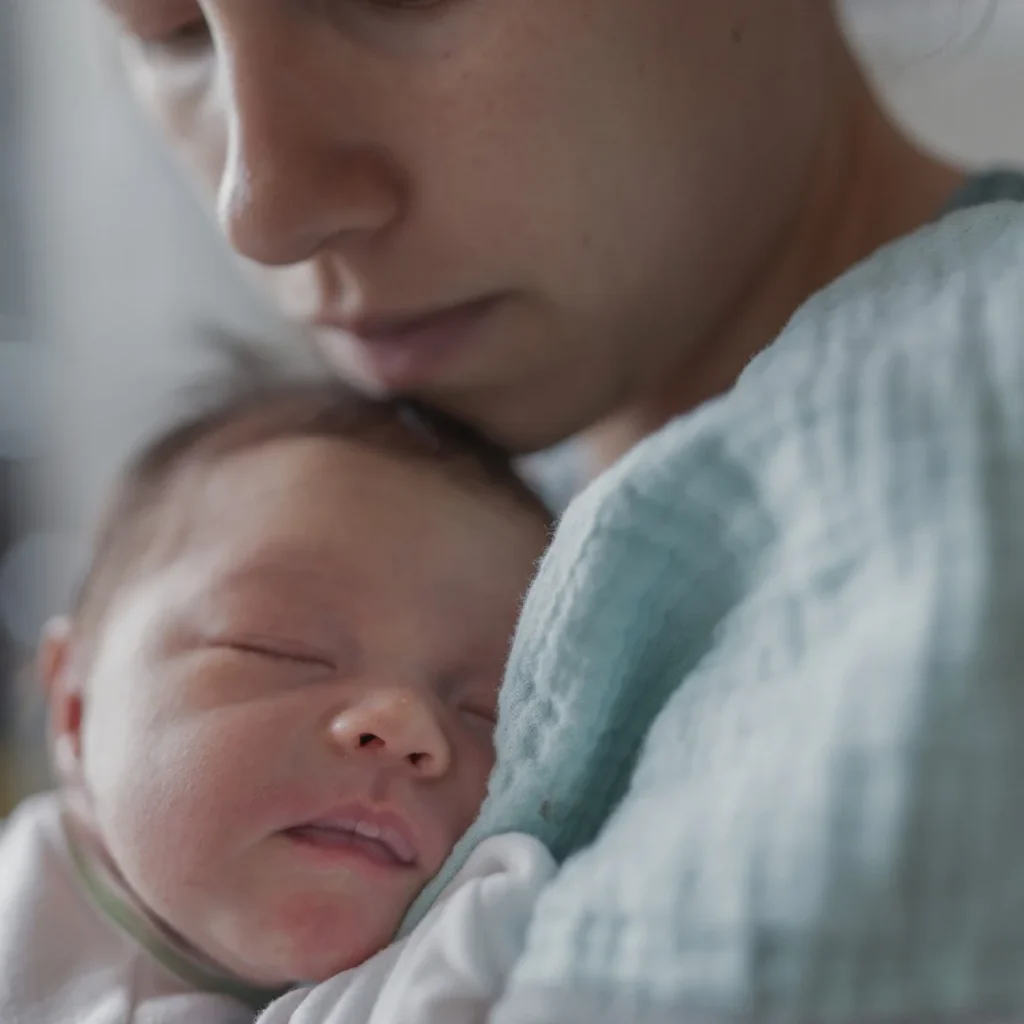
When the U.S. Supreme Court overturned Roe v. Wade, our movement was given a historic opportunity. But the battle for life became much more difficult.
Add your name with thousands of others who are committed to protecting mothers the right to life for innocent unborn children.
Add My Name